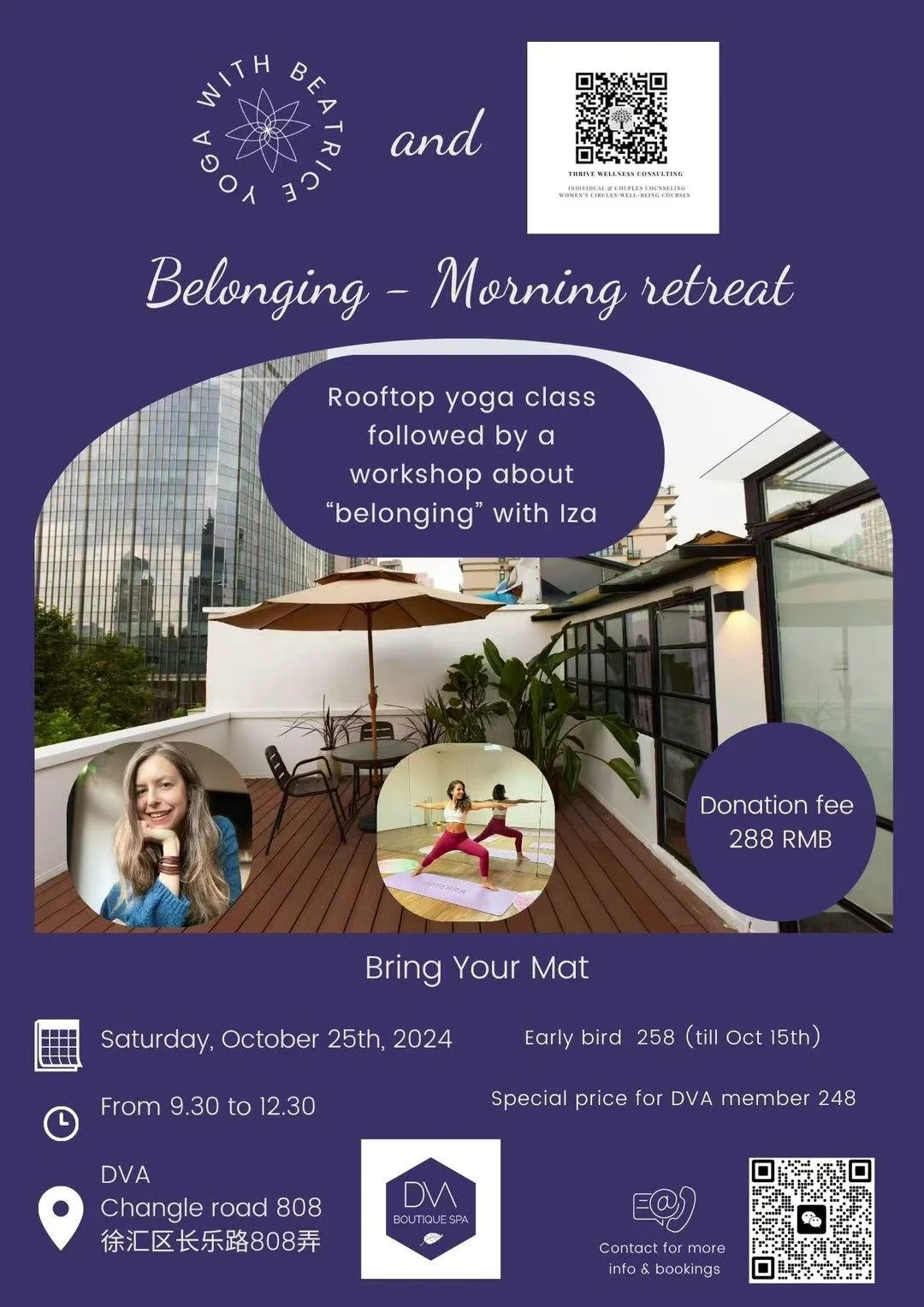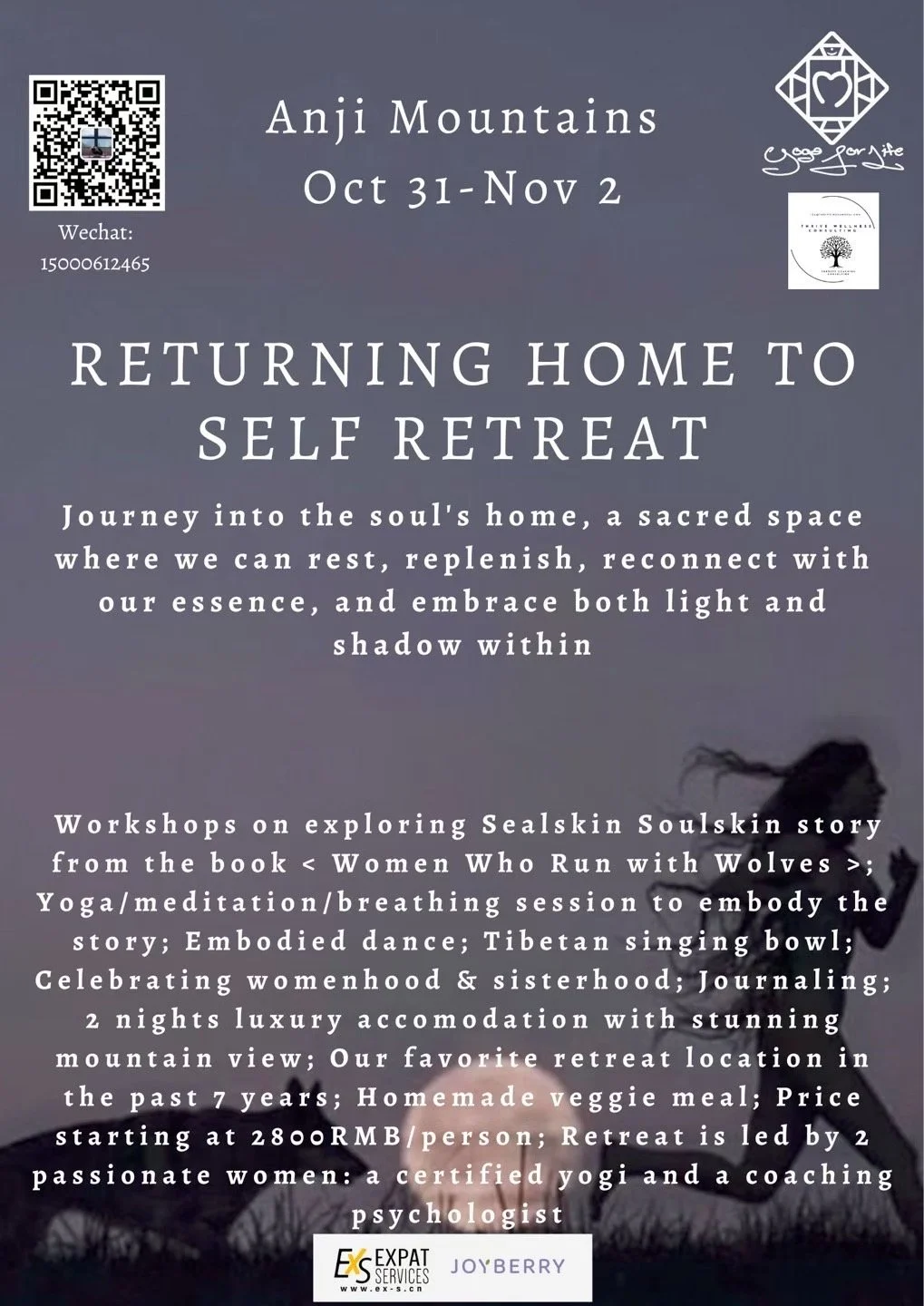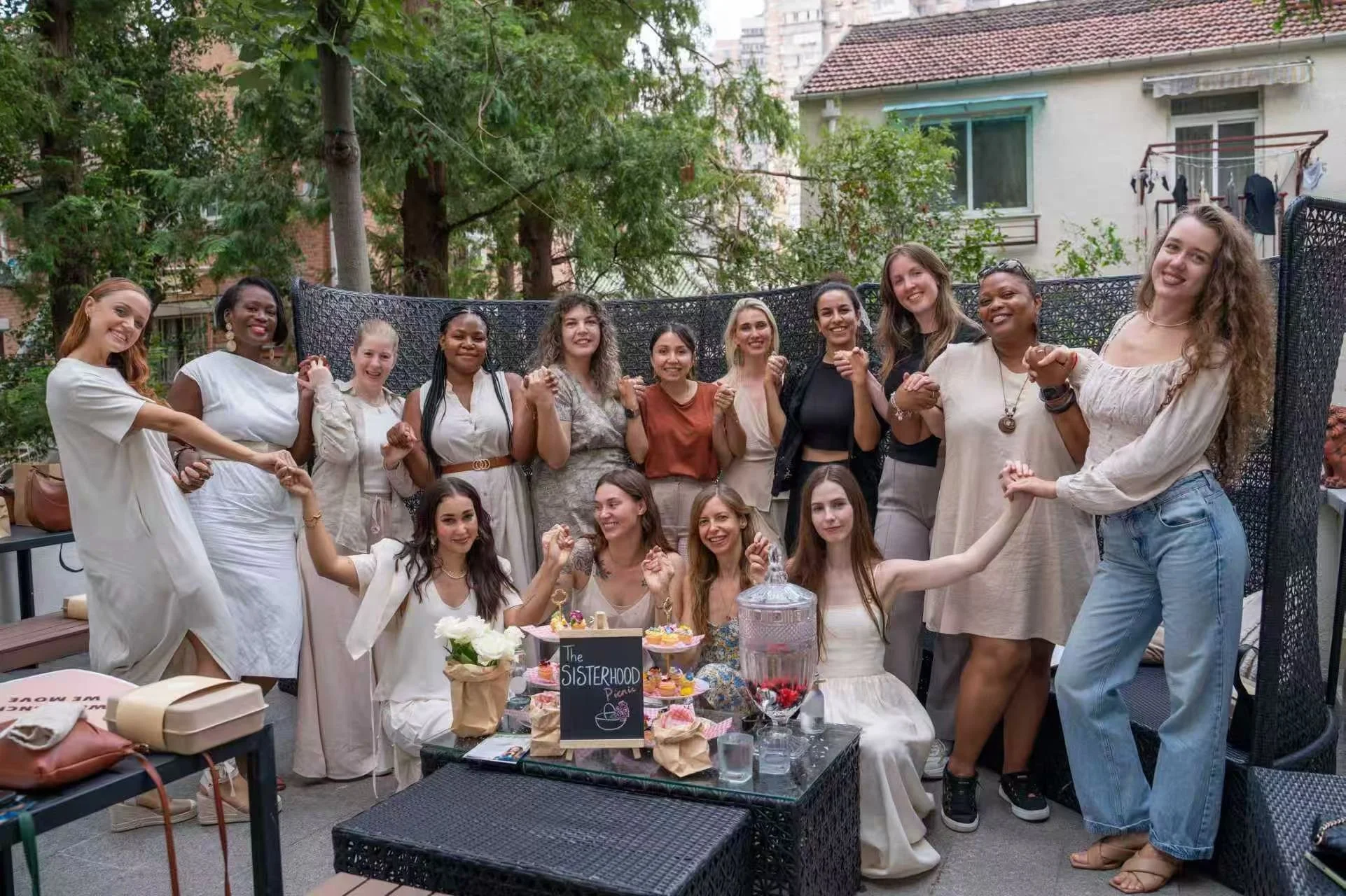For those of you who know me through my workshops, you know that I often bring stories into our circles — not merely as entertainment, but as medicine for the soul. Stories hold a mirror to the psyche. Every character — the heroine, the villain, the helper, even the silent landscape — represents a part of us. Some parts speak loudly; others whisper. Through them, we meet our hidden strengths, our wounds, and our longings.
When we listen deeply to myth and folktale, something ancient within us begins to stir. The psyche recognizes itself in the symbolic language of story, even when the rational mind may not.
The Selkie Bride: A Story of Longing and Transformation
Recently, I came across the story of the Selkie Bride again — a tale I’ve long loved through Clarissa Pinkola Estés’ Seal Skin, Soul Skin — but this time it appeared to me anew through the interpretation of Jungian analyst Lisa Marchiano, who offers a very different lens.
The story begins like this:
Once, a poor farmer came upon three beautiful maidens dancing in the moonlight by the ocean on midsummer. When they saw him, they slipped into their seal skins and disappeared beneath the waves. But the farmer could not forget them. Guided by a wise woman, he trapped one of the maidens by hiding her seal skin, compelling her to remain on land. She became his wife, bore his children, and dutifully kept house, yet each evening she walked to the shore, gazing longingly at the sea. One day, her youngest son found the hidden seal skin. Upon seeing it, she embraced him and ran to the water, never to be seen again.
The Tension Between Freedom and Commitment
On the surface, it is a story of loss and longing. Yet, psychologically, each element represents an aspect of the human psyche.
At first, the farmer may appear as an oppressive archetype — the force that takes what is not his, that binds the wild feminine to mundane human existence. Yet as Marchiano points out, psychologically, the farmer can also be understood as an inner energy — the grounded, earthy part of the psyche that wants to make something real. For the selkie nature within us — fluid, creative, resistant to structure — this groundedness can feel like captivity.
But the story is not simply about oppression or freedom. It’s about the tension between endless possibilities and commitment.
When we are young — or uncommitted — we live in the realm of the sea: open, fluid, full of potential. Everything feels possible. But to grow into wholeness, we must eventually “come to shore.” We must choose. To love, to create, to build a life means giving up the fantasy of all paths being open.
In psychological terms, the sea represents the realm of the unconscious — boundless, fluid, and full of potential. The shore, by contrast, symbolizes entry into mundane reality: the grounded, limited, and embodied world of human existence. The Selkie’s stolen skin reveals the tension between these two modes of being — the fantasy of endless possibility and the necessity of commitment to form, to time, and to relationship. The Selkie’s yearning for the sea is our own longing for what is wild, uncontained, and free; yet her time on land reminds us that the soul also needs structure, roots, and a home in the human world.
The children in the tale — the ones she leaves behind — can be understood as symbols of our creative projects, the things we nurture and grow. Her departure points to what happens when we cannot yet fully commit to the grounded life we have created. Like the Selkie, we may long to run away — back to the fluid, formless freedom of potential — when what is really being asked of us is to deepen our roots, to grow down into the soil of the self.
This perspective invites reflection:
What part of you is like the Selkie — carefree, fluid, moving between different versions of yourself?
What part is like the farmer — stable, earthy, and maybe a little ordinary?
In what ways have you made only a provisional commitment to your life/projects/relationship?
Join Me in Exploring the Medicine of Stories
If you’re curious about how stories and myths reflect our lived experience, you can join me for the next 14-week Wolves Course, beginning in January 2026.
If you’d like a taster sooner, I’m co-hosting a workshop on Belonging with Beatrice (a yoga teacher) on October 25th, 9:30–13:30 at DVA on Changle Road. We’ll begin with a yoga session, followed by my storytelling and reflection workshop.
And later, I’ll be co-leading a retreat in Anji Mountain with Mandy from Yoga for Life, where we’ll explore the Story of the Selkie in the heart of nature.
Last week, I also had the pleasure of sharing a short story with The Brunch Movement (TMB) community — La Loba — where we explored the bones, the pieces of ourselves we’ve reclaimed during our time in Shanghai. Thank you, Emma and Mikhaila, for inviting me.
Thank you for reading,
Iza
Individual & Couples Counseling




